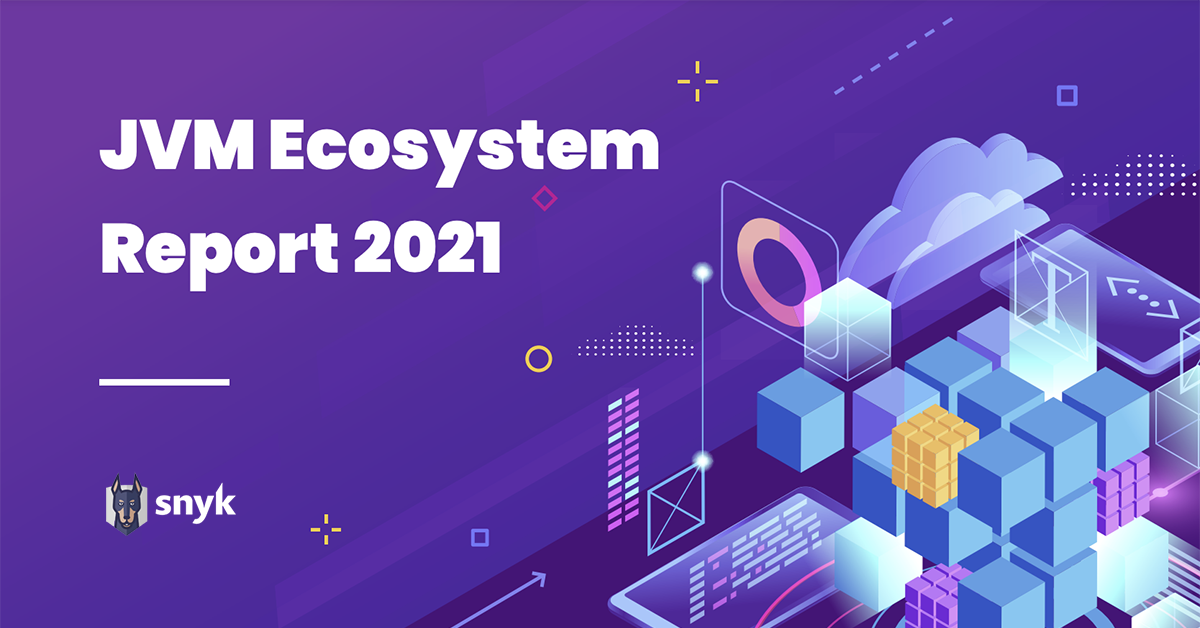Is Java 21 more like the old .NET Framework (i.e like .NET Framework 4.8) or the new .NET (i.e. like NET 7)?
In the old .NET Framework you can get conflicts when your solution has projects which depend on different versions of the same dependency, and it gets rather messy and you get run-time errors which you sometimes can solve with declaring binding redirects in the config file. In the .NET this is all gone and everything works much better.
In the old .NET Framework you can get conflicts when your solution has projects which depend on different versions of the same dependency, and it gets rather messy and you get run-time errors which you sometimes can solve with declaring binding redirects in the config file. In the .NET this is all gone and everything works much better.



Comment